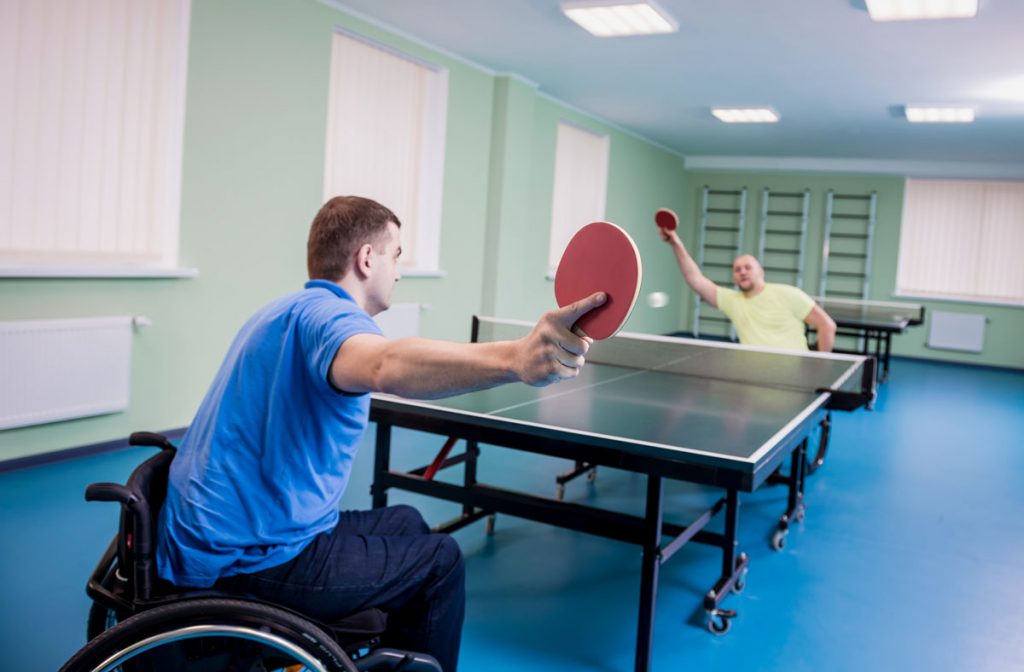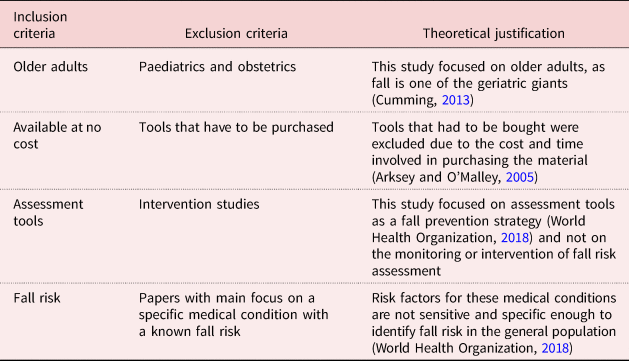Top Guidelines Of Dementia Fall Risk
Table of ContentsExcitement About Dementia Fall RiskDementia Fall Risk - TruthsTop Guidelines Of Dementia Fall RiskUnknown Facts About Dementia Fall RiskThe Ultimate Guide To Dementia Fall Risk
Evaluating fall risk helps the whole medical care group develop a safer environment for each patient. Ensure that there is a marked area in your medical charting system where staff can document/reference scores and document appropriate notes associated to fall avoidance. The Johns Hopkins Loss Danger Assessment Device is just one of lots of tools your team can utilize to assist prevent damaging clinical events.Patient drops in healthcare facilities prevail and debilitating negative events that continue regardless of decades of initiative to reduce them. Improving interaction across the analyzing nurse, care group, client, and person's most included family and friends may strengthen autumn avoidance efforts. A group at Brigham and Female's Health center in Boston, Massachusetts, sought to develop a standard fall prevention program that focused around boosted communication and individual and family interaction.

The technology team stressed that successful application depends on individual and staff buy-in, combination of the program right into existing workflows, and integrity to program procedures. The group noted that they are coming to grips with how to guarantee connection in program implementation during periods of situation. During the COVID-19 pandemic, for instance, an increase in inpatient drops was linked with restrictions in person engagement together with constraints on visitation.
The Ultimate Guide To Dementia Fall Risk
These events are normally taken into consideration preventable. To apply the treatment, companies require the following: Accessibility to Autumn ideas sources Autumn TIPS training and retraining for nursing and non-nursing staff, consisting of brand-new registered nurses Nursing process that permit individual and household involvement to perform the drops evaluation, guarantee use the prevention strategy, and carry out patient-level audits.
The results can be highly detrimental, often increasing person decrease and triggering longer hospital stays. One research approximated remains increased an added 12 in-patient days after a person autumn. The Loss TIPS Program is based upon engaging patients and their family/loved ones throughout three major procedures: assessment, personalized preventative interventions, and bookkeeping to guarantee that patients are involved in the three-step fall prevention procedure.
The individual assessment is based upon the Morse Fall Range, which is a verified loss threat evaluation tool for in-patient hospital description setups. The scale consists of the six most usual reasons people in health centers fall: the person autumn history, high-risk conditions (consisting of polypharmacy), use of IVs and various other external tools, mental status, stride, and movement.
Each threat element relate to several actionable evidence-based interventions. The registered nurse creates a strategy that incorporates the interventions and shows up to the care team, person, and family on a laminated poster or published aesthetic aid. Nurses create the plan while satisfying with the client and the person's family.
What Does Dementia Fall Risk Mean?
The poster works as an interaction tool with other participants of the patient's care team. Dementia Fall Risk. The audit component of the program includes assessing the person's knowledge of their threat elements and prevention plan at the device and medical facility levels. Nurse champs conduct at the very least five specific meetings a month with clients and their families to check for understanding of the loss prevention plan

A projected 30% of these drops result in injuries, which can vary in seriousness. Unlike various other negative events that require a standard medical feedback, autumn avoidance depends extremely on the demands of the individual.
The 10-Minute Rule for Dementia Fall Risk

Based upon auditing results, one website had 86% compliance and two websites had helpful resources more than 95% compliance. A cost-benefit evaluation of the Autumn TIPS program in eight health centers estimated that the program expense $0.88 per person to execute and led to financial savings of $8,500 per 1000 patient-days in direct costs associated with the avoidance of 567 falls over three years and eight months.
According to the technology team, organizations interested in implementing the program needs to perform a preparedness evaluation and falls prevention gaps evaluation. 8 Additionally, companies need to ensure the required facilities and process for execution and establish an execution strategy. If one exists, the organization's Fall Prevention Task Force ought to be included in planning.
How Dementia Fall Risk can Save You Time, Stress, and Money.
To start, companies ought to make certain conclusion of training components by nurses and nursing assistants - Dementia Fall Risk. Hospital team need to examine, based on the needs of a health center, whether to make use of an electronic health document hard copy or paper version of the loss prevention plan. Executing teams need to hire and train registered nurse champions and establish procedures for auditing and coverage on autumn information
Personnel need to be entailed in the process of redesigning the operations to engage people and family members in the analysis and prevention plan procedure. Solution must remain in location to make sure that systems can understand why a fall occurred and remediate the cause. More specifically, registered nurses should have channels to supply continuous responses to both team and device management so they can readjust and boost fall prevention process and interact systemic problems.